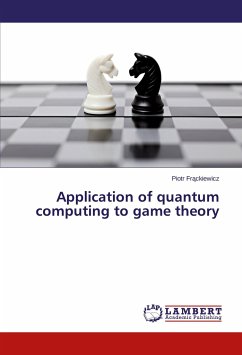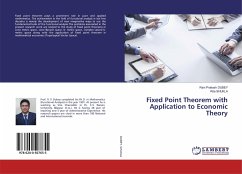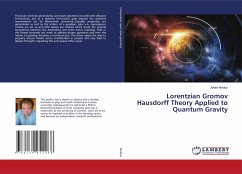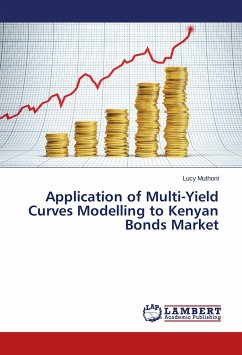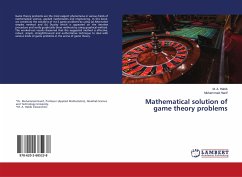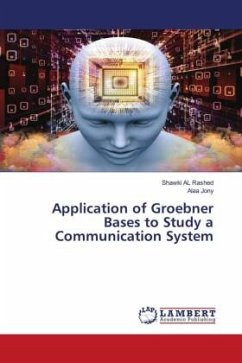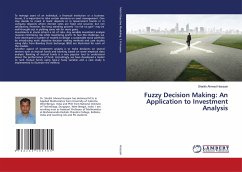Quantum game theory is an interdisciplinary field. It combines two completely separate disciplines greatly developed by John von Neumann: game theory and quantum information theory. Like in classical game, in quantum game one can point out all basic notions that are used to define a classical game like a set of players, sets of strategies for the players and a payoff function. On the other hand all these notions are expressed with the use of mathematical methods for quantum information like linear operators and unit vectors of a complex Hilbert space in accordance with the postulates of quantum mechanics. This new approach to the description of a game constitutes its strict generalization. For example, quantum game theory allows one to write any finite strategic game in the language of linear algebra in such a way that a classical game and its quantum counterpart are indistinguishable from game theory point of view. However, the most interesting property is that quantum information methods can give new, impossible in the classical case, scenarios of the game.
Bitte wählen Sie Ihr Anliegen aus.
Rechnungen
Retourenschein anfordern
Bestellstatus
Storno

